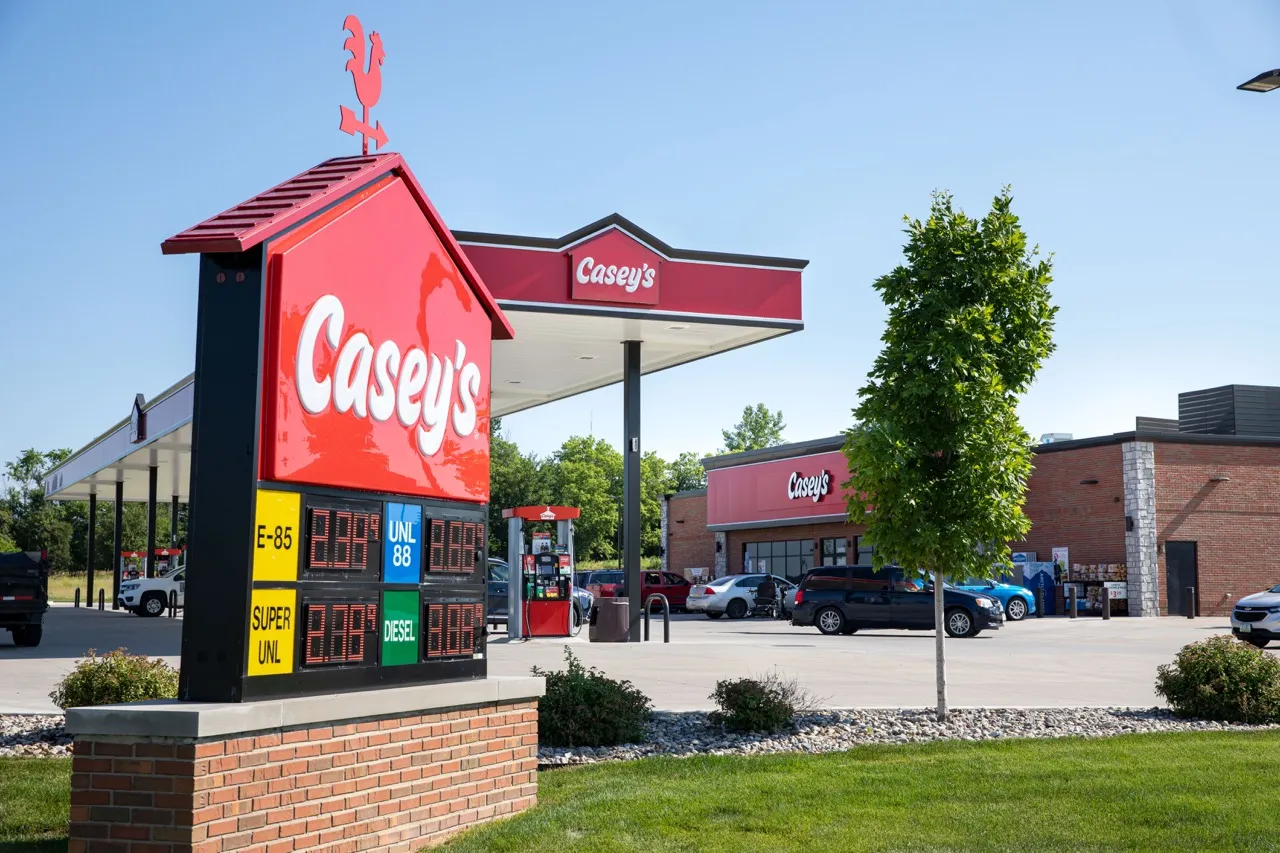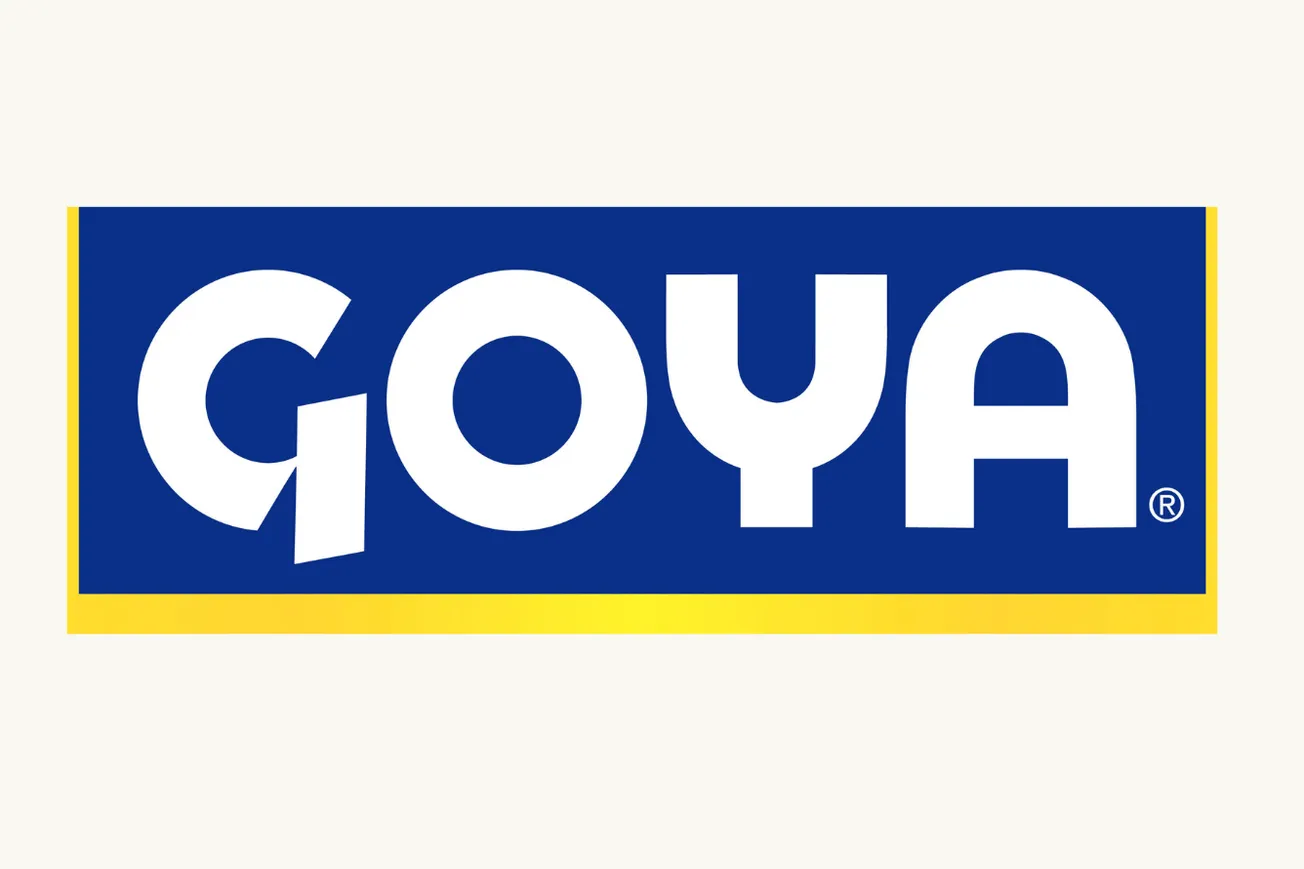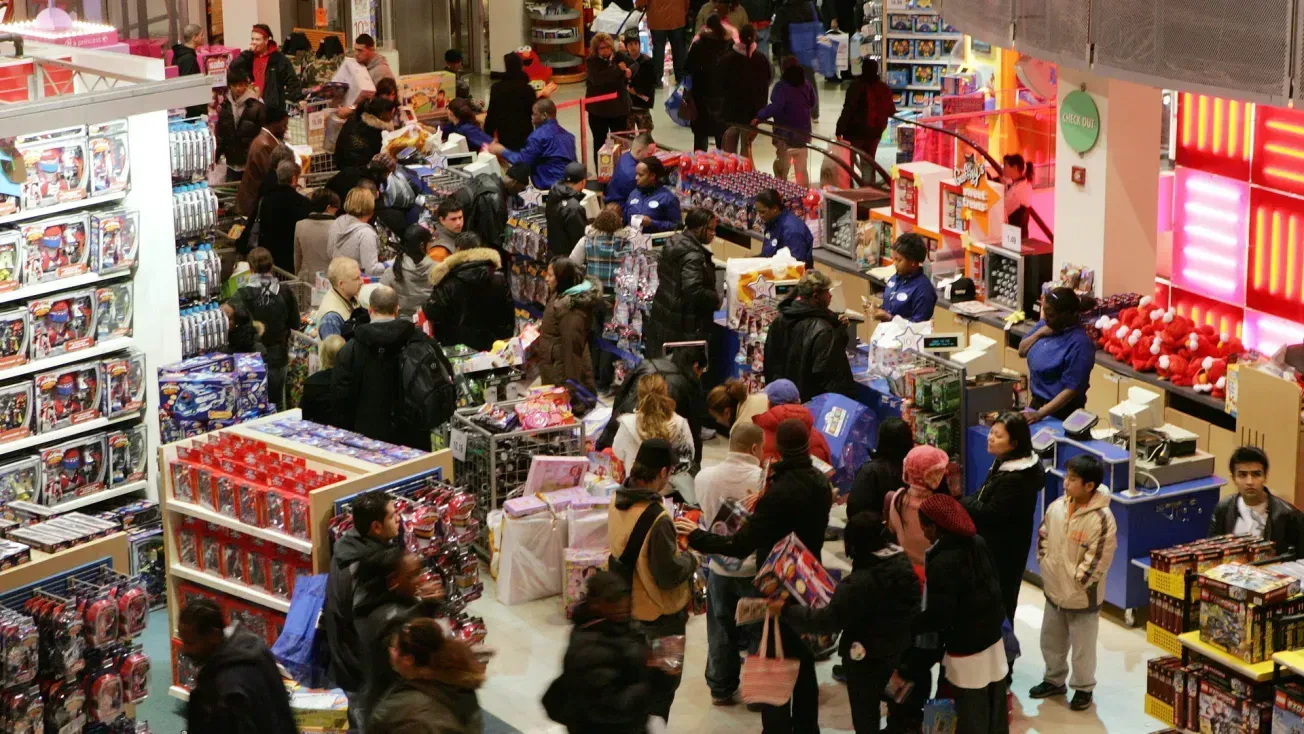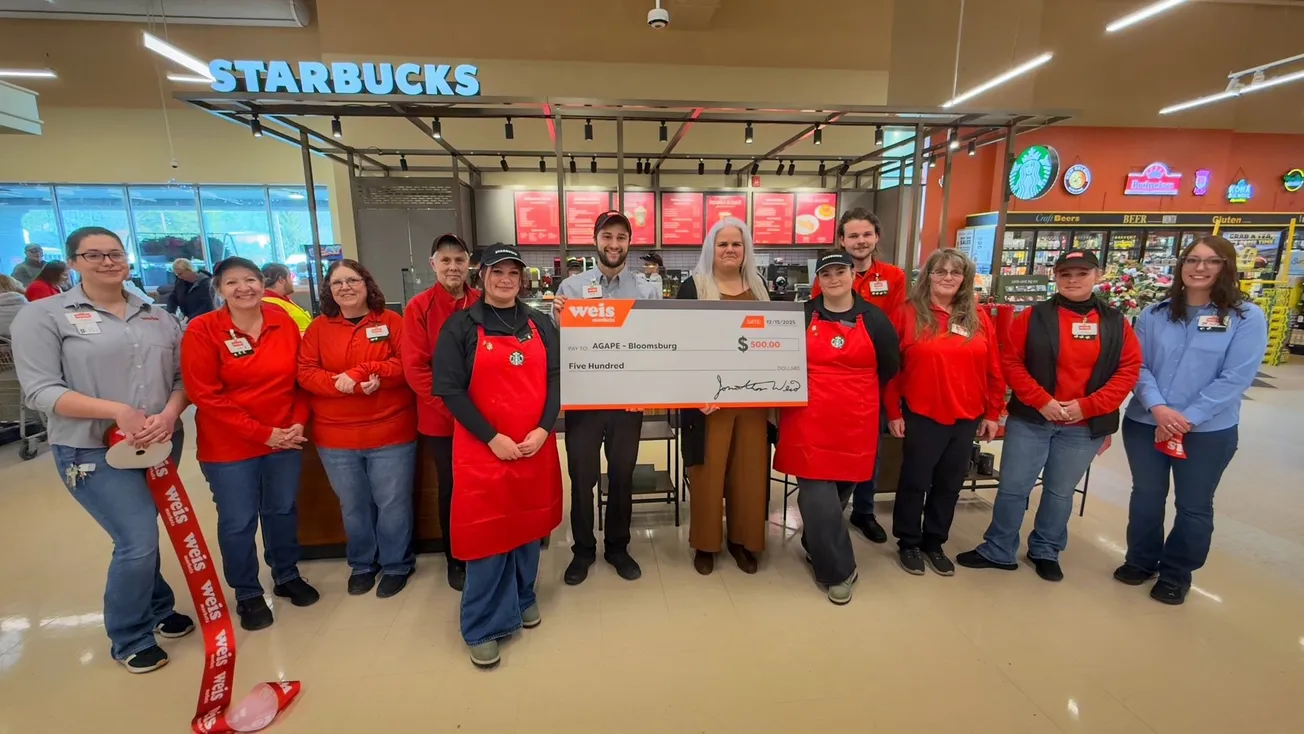NEW YORK — Walmart and Kroger Co. — the nation’s two largest grocery retailers, in terms of sales — have each launched experiments aimed at bringing down costs associated with the final leg or “last mile” of delivery to consumers.
Kroger last month announced a pilot program to test driverless grocery delivery. The supermarket chain is partnering with robotics firm Nuro, which will use its self-driving Toyota Prius fleet and will also introduce its custom R1 driverless vehicle as part of the experiment taking place in Scottsdale, Ariz.
“Kroger wants to bring more customers the convenience of affordable grocery delivery, and our pilot with Nuro will help us test and learn to understand customer acceptance of autonomous vehicles in our seamless offering,” said Yael Cosset, Kroger’s chief digital officer.
Walmart is also testing autonomous vehicles in a pilot with Waymo that allows shoppers who have ordered grocery pickup to be transported to and from the store in a self-driving vehicle.
Walmart is also testing a crowdsourced option for delivering groceries to shoppers. The pilot, named Spark Delivery, is under way in Nashville and New Orleans, and it will be introduced to additional metro markets later this year, the company said.
Spark Delivery engages the services of independent drivers who partner with Delivery Drivers Inc., a nationwide firm that specializes in last mile contractor management, Walmart said. Delivery Drivers will manage the recruitment, screening and payment of the drivers.
The pilot uses an in-house logistics platform that matches a driver’s availability with a customer’s schedule. The platform also provides drivers with navigation assistance.
With the pilot, Walmart is using its size and scale to expand its Grocery Delivery program and explore new ways to get groceries “from our door to our customers’ doors,” said Walmart U.S. president and chief executive officer Greg Foran.





